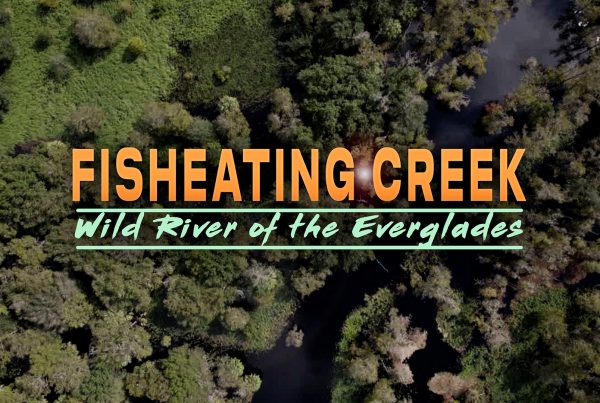Water, or H2O, is an unusual compound with amazing properties. Find out why water is essential to the existence of every living thing on Earth!
Water acts as an insulator, keeping the Earth’s temperature and weather patterns relatively stable. What property contributes to this? Imagine and discuss what would happen to our climate if the Earth wasn’t insulated so well.
Water has been called the Universal Solvent. Talk about what that actually means, and how we observe this property in our own lives, every day.
Although ¾ of the Earth’s surface is covered with water, only 3% of that is fresh water. The rest is salt water. Talk about the different sources we have for pure, fresh water. Also discuss the effects of human activity on our valuable water sources.
The Properties of Water
Imagine an earth without water…..life without water. We find it everywhere: in the atmosphere and below our feet. ¾ of the earth’s surface is covered by this essential liquid. It’s a difficult thing to imagine life without water because our own survival depends on it. In fact, water is vital to the existence of all forms of life on earth.
Water, or H2O, is an unusual compound with amazing properties. This collection of properties is what makes it so important to life.
First of all, water happens to be the only substance on earth that can be found naturally in all three physical states: as a solid, a liquid and a gas.
It is rare in that it actually expands while becoming a solid, which is why ice can float.
Pure water has no color, odor or taste.
Water has a neutral ph, which means it is neither acidic nor basic.
Water has been called the universal solvent, because it can dissolve many substances. Wherever water goes, either through the atmosphere, the earth or through our bodies, it takes along valuable chemicals, minerals, and nutrients. This is one reason why water accounts for about 70% of the weight of a cell which is the building block of life.
Water has high specific heat, which means it absorbs a lot of heat before it changes temperature. This is why water makes a great coolant. This is also why oceans, lakes and water vapor in the atmosphere help to regulate the earth’s temperature.
Water molecules are sticky, in a sense. They attract to each other which is why water tends to flow together, fall as raindrops, and bead up on the surface of a leaf. This property is the result of “cohesion.” To understand cohesion, let’s imagine we’re recreating a water molecule. A water molecule is made up of two hydrogen atoms, and one oxygen atom. Because of the molecule’s arrangement, and the electro negativity difference between the hydrogen atoms and the oxygen atom, the molecule is polar. The oxygen atom has a negative charge, while the hydrogen atoms have a positive charge. Since we all know opposites attract, the oxygen atom of one atom will stick to a hydrogen atom of a nearby molecule. This cohesive force is unusually strong in water.
Surface tension is a result of cohesion and is the measure of how difficult it is to break the surface of a liquid. We can observe the high surface tension of water by watching this mosquito step onto its surface, or this mite as it struggles to free itself from a droplet. Surface tension is also what causes a water droplet to take a spherical shape. Water is the most cohesive of all non-metallic liquids.
Adhesion is similar to cohesion but refers to two different surfaces or molecules with an attraction to one another. This is why the droplet sticks to this leaf. Along with cohesion, adhesion is responsible for a phenomenon called capillary action. Capillary action is the force that pulls water upward against gravity through a narrow tube. This is an essential property for plants, which rely on capillary action to pull water from their roots up to their leaves.
So, it’s pretty obvious that water is important stuff. Humans rely on it for personal consumption, as well as things like industry, energy production and agriculture. But we often have a tendency to use more than we need and pollute what’s left. We need to make sure we keep it pure and plentiful.
Coming soon




